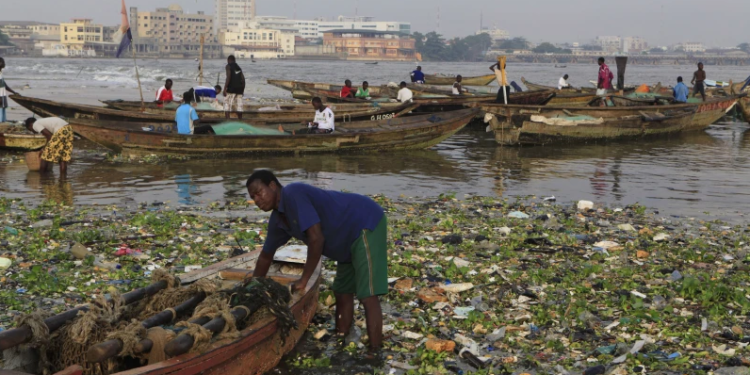Dec 15, 2024 Story by: Editor
DAKAR, Senegal (AP) — Nadege Anelka, a 57-year-old travel agent from Martinique, a French overseas territory in the Caribbean, felt a deep sense of familiarity upon arriving in Benin, a West African nation.
“A lot of the people reminded me of my grandparents, the way they wore their headscarves, their mannerisms, their mentality,” Anelka shared.
Feeling a strong connection to Benin, Anelka decided to relocate there last July, establishing a travel agency. She plans to apply for citizenship under a law passed in September, which allows descendants of enslaved Africans to claim Beninese nationality.
The legislation, introduced by President Patrice Talon, is part of Benin’s broader acknowledgment of its involvement in the transatlantic slave trade. Open to individuals over 18 who lack other African citizenship, the law requires applicants to prove their ancestry through DNA tests, authenticated testimonies, or family records.
Using the Benin-recognized website Anchoukaj (Creole for “Affiliation”), Anelka traced her lineage to enslaved ancestors in Martinique. If approved, she will receive a provisional nationality certificate valid for three years. To gain full citizenship, she must visit Benin at least once during that time.
Benin joins other African nations, such as Ghana, in extending citizenship to the descendants of enslaved Africans. Ghana recently granted citizenship to 524 African Americans, honoring President Nana Akufo-Addo’s 2019 call to “come home” during the 400th anniversary of enslaved Africans’ arrival in North America.
However, Benin’s law holds special significance due to its pivotal role in the transatlantic slave trade. European merchants deported approximately 1.5 million enslaved individuals from the Bight of Benin, which includes parts of modern-day Benin, Togo, and Nigeria.
The coastal town of Ouidah was a major slave-trading hub in the 18th and 19th centuries, where close to a million captives were shipped to destinations such as the U.S., Brazil, and the Caribbean. For over two centuries, powerful kingdoms in Benin captured and sold people to European traders. These kingdoms, now existing as tribal networks, and the groups they raided still bear traces of this history.
Rumors that President Talon is descended from slave merchants sparked debate during his 2016 campaign, though he has never addressed them publicly. Benin has confronted its past openly, unlike many other African nations with similar histories. In the 1990s, the country hosted a UNESCO-sponsored international conference to examine its role in the trade. In 1999, then-President Mathieu Kérékou apologized to African Americans for Africa’s complicity in the slave trade during a visit to a church in Baltimore.
As part of its reckoning, Benin has promoted “memorial tourism,” encouraging visitors to explore sites in Ouidah linked to the slave trade, such as the “Door of No Return,” the town’s history museum, and the “Tree of Forgetfulness,” where captives were symbolically made to forget their origins.
“Memories of the slave trade are present on both sides of the Atlantic, but only one of these sides is well known,” said Sindé Cheketé, head of Benin’s state tourism agency.
For some, Benin’s citizenship law represents more than heritage. Nate Debos, a 37-year-old musician from New Orleans, visited Benin for the Porto Novo mask festival and was drawn to the country by his interest in Vodun, a traditional religion that originated in the Dahomey kingdom in southern Benin.
“Vodou is one of the chains that connects Africa to the Americas,” said Ana Lucia Araujo, a Howard University historian. Enslaved Africans used Vodun as a form of resistance, blending its practices with Catholicism in the Americas to preserve it against suppression by colonial powers.
“Our African ancestors were not tribal savages; they had sophisticated cultures with very noble and beautiful spiritual practices,” said Debos, president of the New Orleans National Vodou Day. While Debos plans to apply for citizenship, he does not intend to live in Benin permanently. “At the end of the day, I am an American, even when I am dressed in the wonderful fabrics and suits they have in Benin,” he added.
For Anelka, obtaining Beninese citizenship is a deeply symbolic gesture.
“I know I will never be completely Beninese. I will always be considered a foreigner,” she acknowledged. “But I am doing this for my ancestors. It’s a way to reclaim my heritage, a way of getting reparation.” Source: AP News

















